Assisted suicide numbers up in 2011
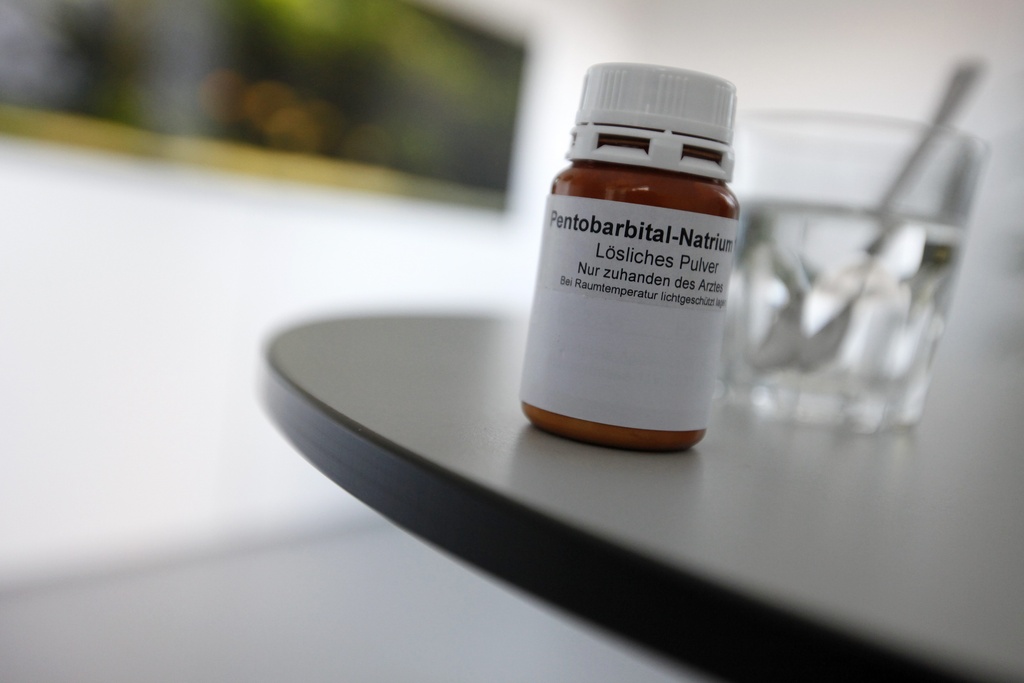
The number of people who ended their lives with the help of assisted suicide organisations increased significantly in 2011, according to new figures.
Exit, which caters for Swiss residents only, revealed on Monday it helped a total of 416 people to end their lives last year. Of those, 305 deaths occurred in the German-speaking part of the country, up from 257 in 2010, while 111 deaths took place in the French-speaking areas, up from 91 the previous year.
In addition, the group registered significant increases in the number of new members, with total membership across the country now around 75,000. Exit insists that its services – which are free of charge – are only available to members.
In 2011, Dignitas, Switzerland’s other leading assisted suicide organisation, helped 144 people to end their lives, representing an increase of 35 per cent on 2010, the SonntagZeitung reported.
Reassurance
Dr Jérôme Sobel, president of Exit for the French-speaking part of Switzerland, said the increase in the number of assisted suicides was directly related to the increased membership of his organisation.
“We have a lot more members, and that signifies as well that people are informed, they know who to speak to when they want an assisted suicide because it corresponds to their path in life,” he said.
Sobel said his group had received more requests for assisted suicides – 182 – than it had actually carried out. He said that just because people asked his group for assistance, did not mean they were necessarily determined to go through with the process.
“There are people who call us to get reassurance and who will fix a date [to end their lives] if their situation further deteriorates,” he said. “So there are people for whom calling us acts as a reassurance, and there are people whom we have been to see but who then in fact died a natural death.”
Cancer was the most common illness suffered by people who sought an assisted suicide last year, Sobel said, adding that none of those whom his group helped to die suffered from a mental illness.
The group assisted 104 people to die in their own homes, and the average age was 74. The remaining seven had an average age of 88 and were assisted to die in nursing homes. In German-speaking Switzerland, the average age of people whom Exit helped to die was 76.
Debate
Of the two major groups offering assisted suicide services in Switzerland only Dignitas allows foreigners to access its services.
Reports of people travelling to Switzerland to die have sparked heated debate – at home and abroad – about so-called “suicide tourism”, which has increased pressure the Swiss government to tighten assisted suicide laws.
In its submission to a British commission on Assisted Dying last May, Dignitas said it had helped 164 British residents to die over its 13 years in operation. Together with its sister organisation in Germany, the group has some 700 British members.
Swiss citizens remain strongly in favour of assisted suicide. Last year the people of canton Zurich voted to continue to allow assisted suicide for non-residents despite a campaign to restrict “suicide tourism”.
A proposal to restrict foreigners’ access to assisted suicide to those who had lived in the canton for at least one year was rejected by 78.4 per cent of voters.
Proposals to amend the penal code to restrict the practice of assisted suicide have dogged the government for the last decade. However, last June the government ruled out introducing new legislation to regulate it. Justice Minister Simonetta Sommaruga said then that ministers were convinced that existing legislation was sufficient to tackle any abuses.
“Revising the current legislation could give an official stamp of approval to organisations offering their services for assisted suicide,” she said.
The government instead proposed a set of measures to increase suicide prevention and improve palliative care options.
The Swiss Federal Court has recognised a person’s right to end their life on condition that they are of sound mind.
Direct active euthanasia is taking specific steps to cause the patient’s death, such as injecting the patient with drugs. This is usually an overdose of painkillers or sleeping pills.
Indirect active euthanasia is giving the patient a palliative drug that could lead to death.
Passive euthanasia is usually defined as withdrawing medical treatment with the deliberate intention of causing the patient’s death.
Assisted suicide is when a doctor provides a patient with the means to end his own life; however, a doctor does not administer it.
Swiss law tolerates assisted suicide when patients commit the act themselves and helpers have no vested interest in their death. Assisted suicide has been allowed in the country since the 1940s.
Death is usually induced through a lethal dose of barbiturates that has been prescribed by a doctor. Ingestion of the poison, whether by drinking it or through the use of intravenous drips or stomach tubes, must be carried out by the person wanting to die.
A 2006 decision by the Swiss Federal Court ruled that all people of sound judgment, irrespective of whether they suffer from a mental illness, have the right to decide the manner of their death.
The government examined various options to regulate assisted suicide practices and in June 2011 decided not to seek legal changes but to boost suicide prevention and palliative care.
Switzerland has two main groups which cater to people who seek an assisted suicide, Exit and Dignitas.
Although men are much more likely to commit suicide, representing three-quarters of Switzerland’s 1,400 cases annually, women are in the majority in assisted suicide.
Almost two-thirds of Dignitas’ clients in 2011 were women.

In compliance with the JTI standards
More: SWI swissinfo.ch certified by the Journalism Trust Initiative
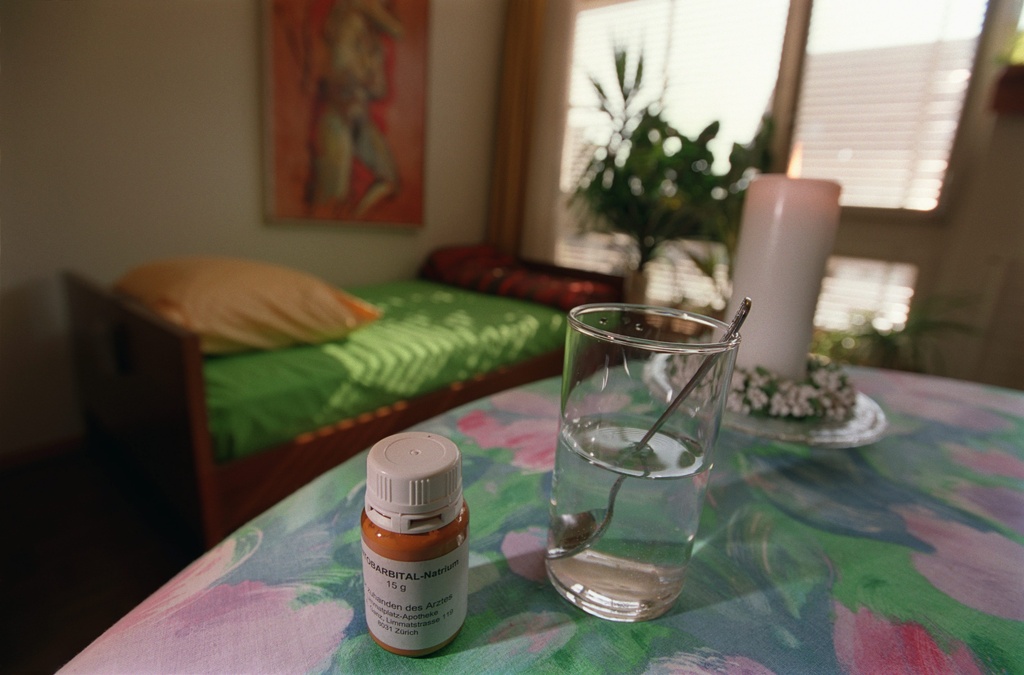
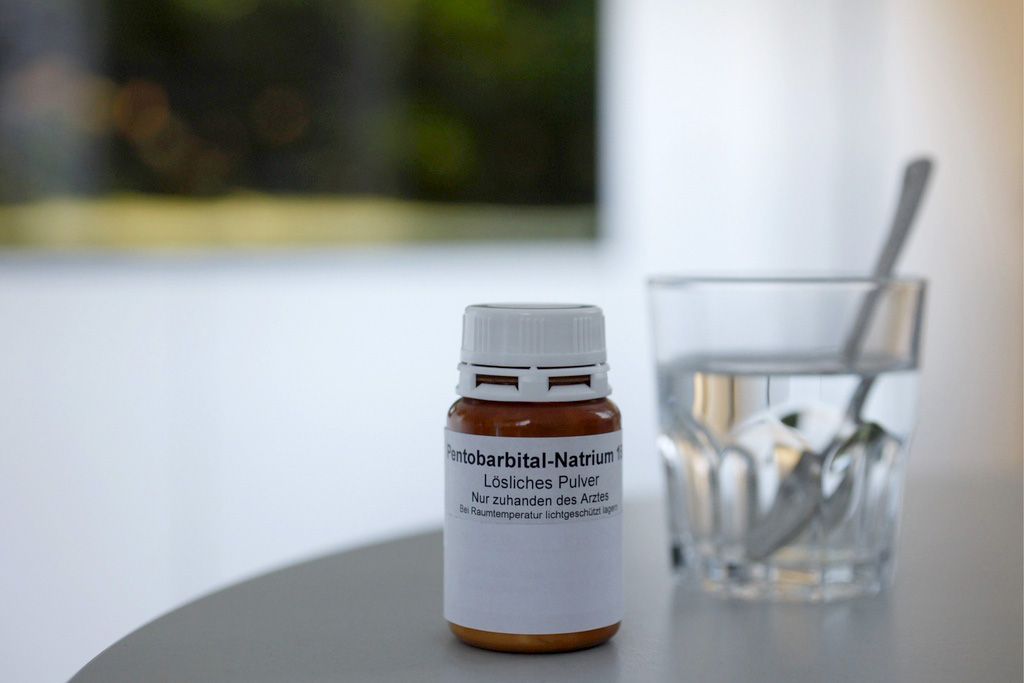
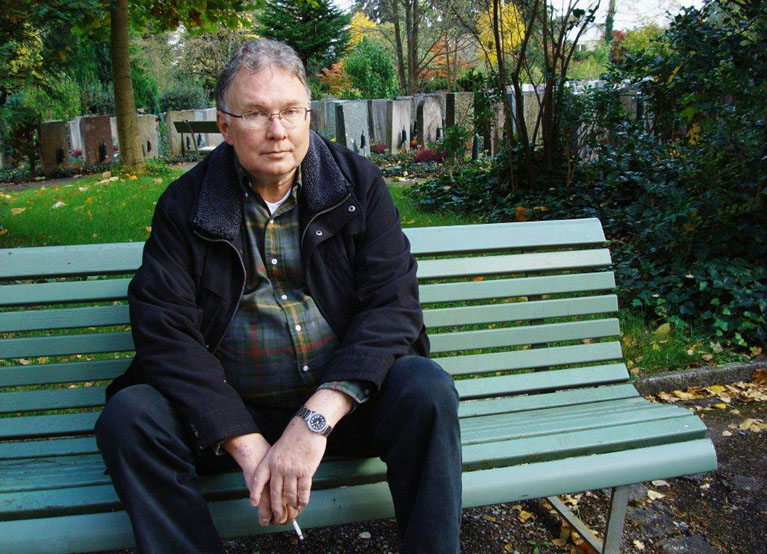
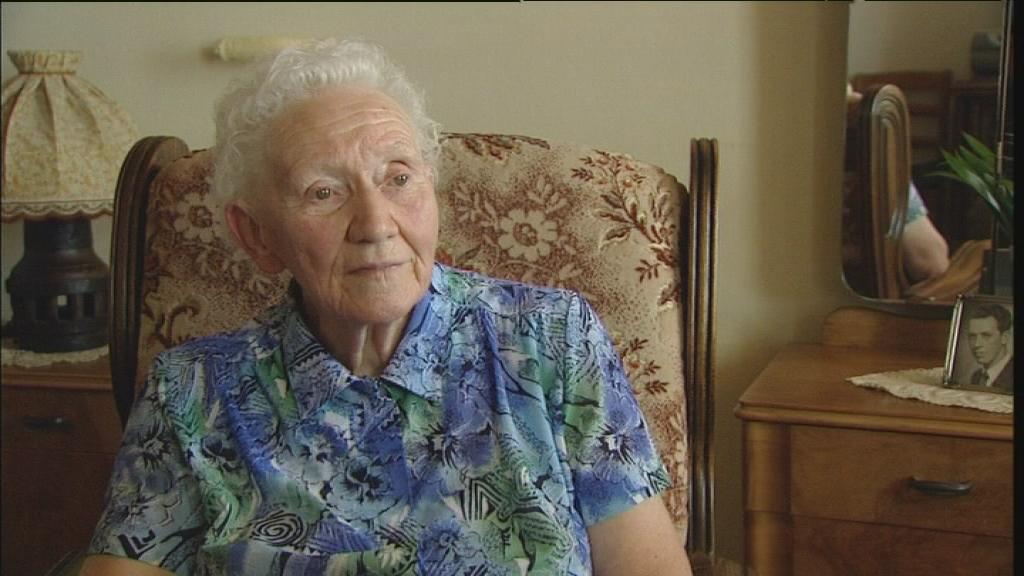
You can find an overview of ongoing debates with our journalists here. Please join us!
If you want to start a conversation about a topic raised in this article or want to report factual errors, email us at english@swissinfo.ch.